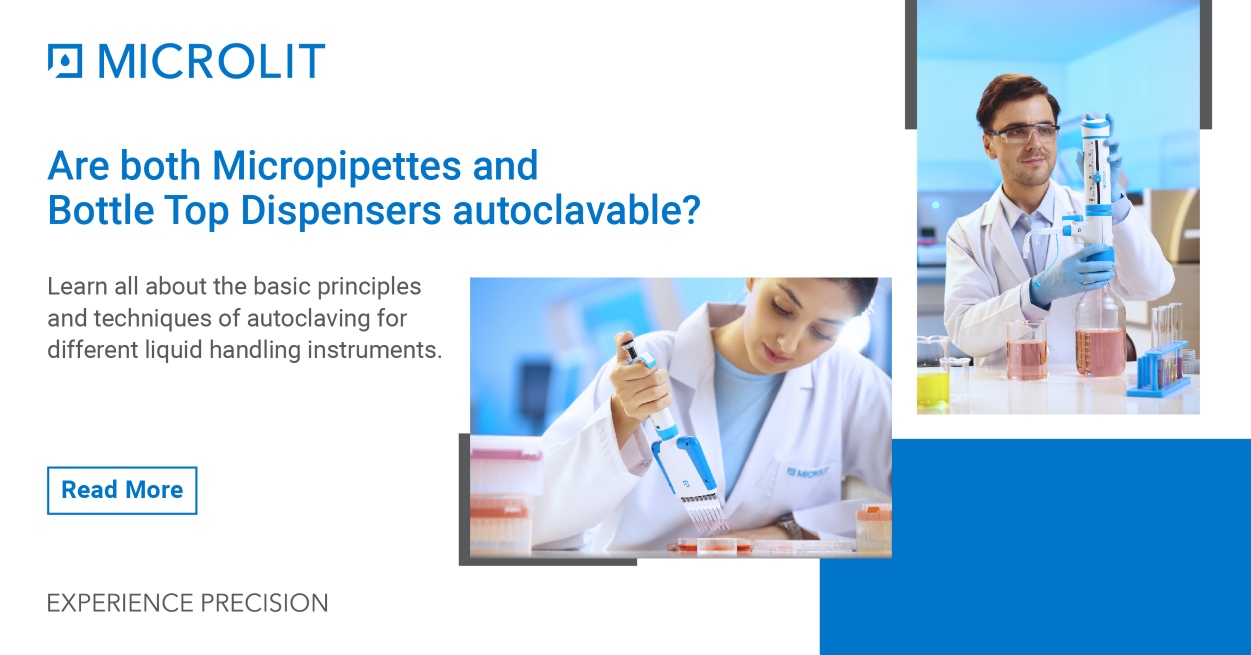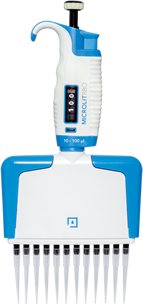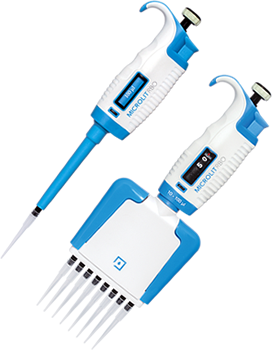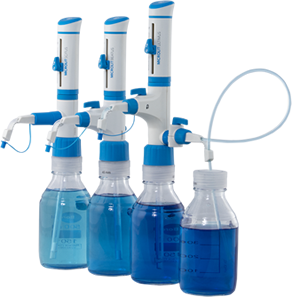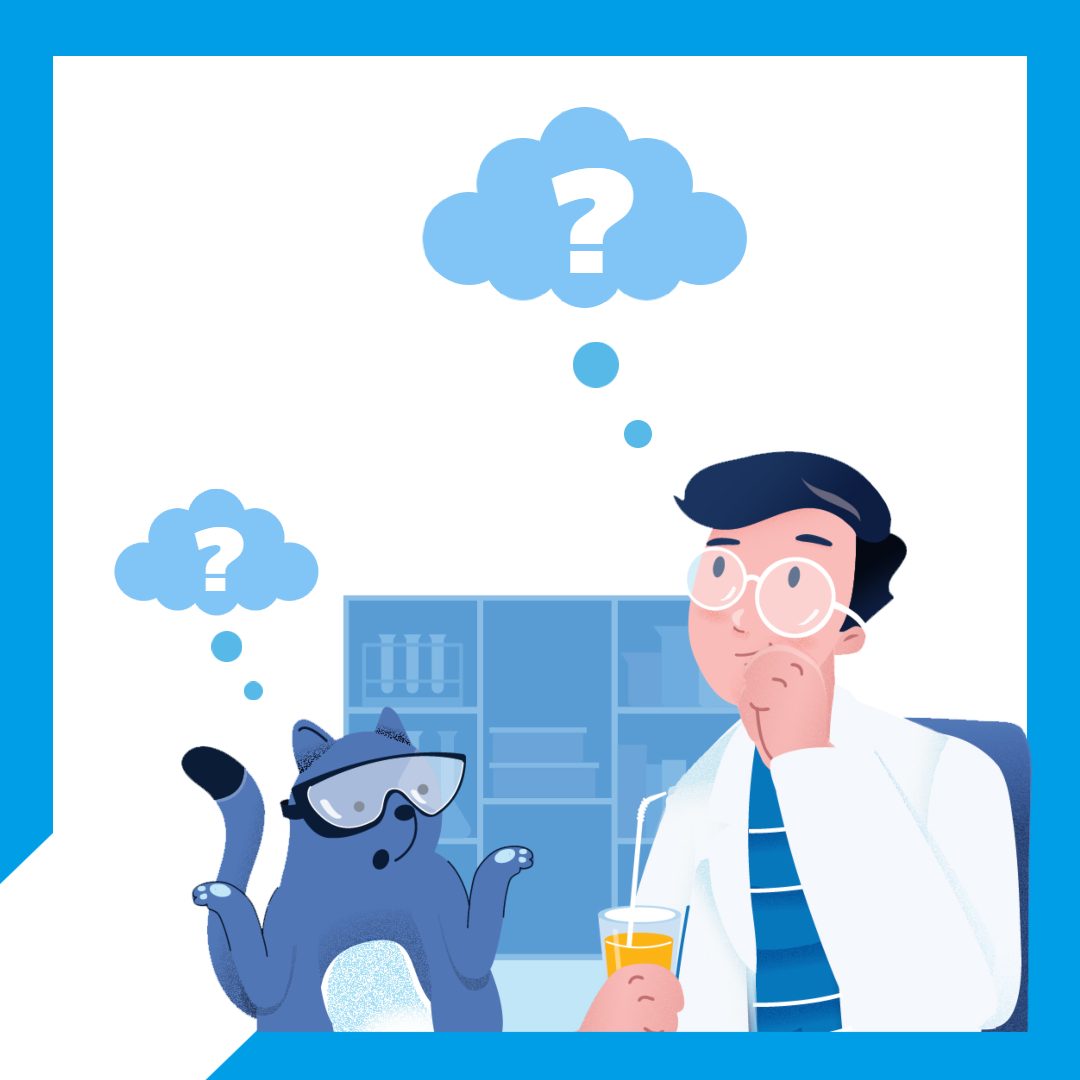What is Autoclave?
Autoclaves, often known as steam sterilizers, are commonly used in healthcare and commercial applications. An autoclave is a machine that uses high-pressure steam to eliminate hazardous bacteria, viruses, fungi, and spores on components placed inside a pressure vessel. The items are heated for a set period of time to an optimum sterilizing temperature. The moisture in the steam efficiently transfers heat to the substances, causing the bacteria and spores’ protein structures to be eliminated.
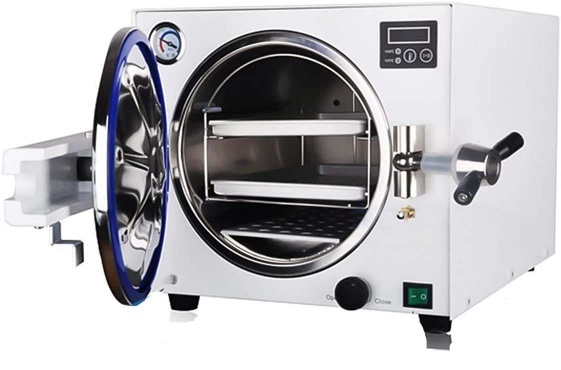
In the medical field, the phrase “autoclave” is commonly used to refer to a Steam Sterilizer. ANSI/AAMI4, which provides standards and guidelines for the processing of medical devices, refers to steam sterilizers as autoclaves for healthcare.
What kind of materials can be sterilized in an autoclave?
It is critical to determine which materials are suitable for the autoclave procedure. This sterilization method’s pressure and heat are incompatible with incompatible materials. Furthermore, poor loading of these materials into an autoclave can cause property damage as well as health and safety risks. To avoid accidents, everyone working with an autoclave should understand what materials are autoclavable.
Materials that can be sterilized in an autoclave:
- Surgical Instruments
- Glassware
- Autoclavable Plastic Ware
- Centrifuge Tubes
- Pipette Tips
- Chemical Solutions
- Water (commonly used for animal consumption)
- Animal Food and Bedding
- Biomedical Waste
- Hospital Linens
Materials that can not be sterilized in an autoclave:
- Acids
- Explosive Material
- Flammable Material
- Chlorine Based (or chlorine included) Products
- Reactive, Corrosive, or Toxic Materials
- Radioactive Material
Are Microlit Micropipettes Autoclavable?
Microlit designed liquid handling products that are easily autoclavable, ensuring technician safety and preventing cross-contamination in experiments. Microlit micropipettes are fully autoclavable at 121°C, 15 pressure for 15-20 minutes, which means that they may be placed in an autoclave without disassembling any parts or components. This makes autoclaving in the lab more convenient.
Microlit micropipettes can be placed in an autoclave without disassembling any parts or components because they are fully autoclavable at 121°C, 15 pressure for 15-20 minutes.
Are Microlit Bottle Top Dispenser autoclavable?
Microlit bottle top dispensers can also be sterilized in an autoclave at 121°C and 15 pressure for 15-20 minutes. Before autoclaving, the piston must be separated from the assembly. Then, the housing and piston can be sterilized independently. To disassemble the bottle top dispenser for autoclaving, follow the below steps:
- Open the cap to expose the calibration nut.
- Disassemble the piston and shaft from the main housing by unscrewing the calibration nut with the calibration tool.
- Pull out the shaft after unscrewing it.
- The piston shaft subassembly is seen here.
- Autoclave the two subassemblies for 15-20 minutes at 121°C and 15 psi pressure.
- While autoclaving, the volume adjustment knob should always be in the ‘Unlocked’ position.

- Cool the dispenser at room temperature for at least 2 hours after autoclaving.
- Reassemble the instrument after inserting the piston entirely into the cylinder. Screw the piston using the calibration tool. To finish the assembly, attach the cap. Your Bottle Top dispenser will be ready to reuse.

Please refer to the instruction manuals for complete autoclaving instructions for Micropipettes and Bottle top dispensers. With the use of Microlit’s liquid handling products, you may perform your experiments seamlessly without worrying about the risk of cross-contamination.
If you want to learn more about Micropipettes, Bottle Top Dispensers, or other of our autoclavable products, please contact us at info-usa@microlit.com.






 3736
3736